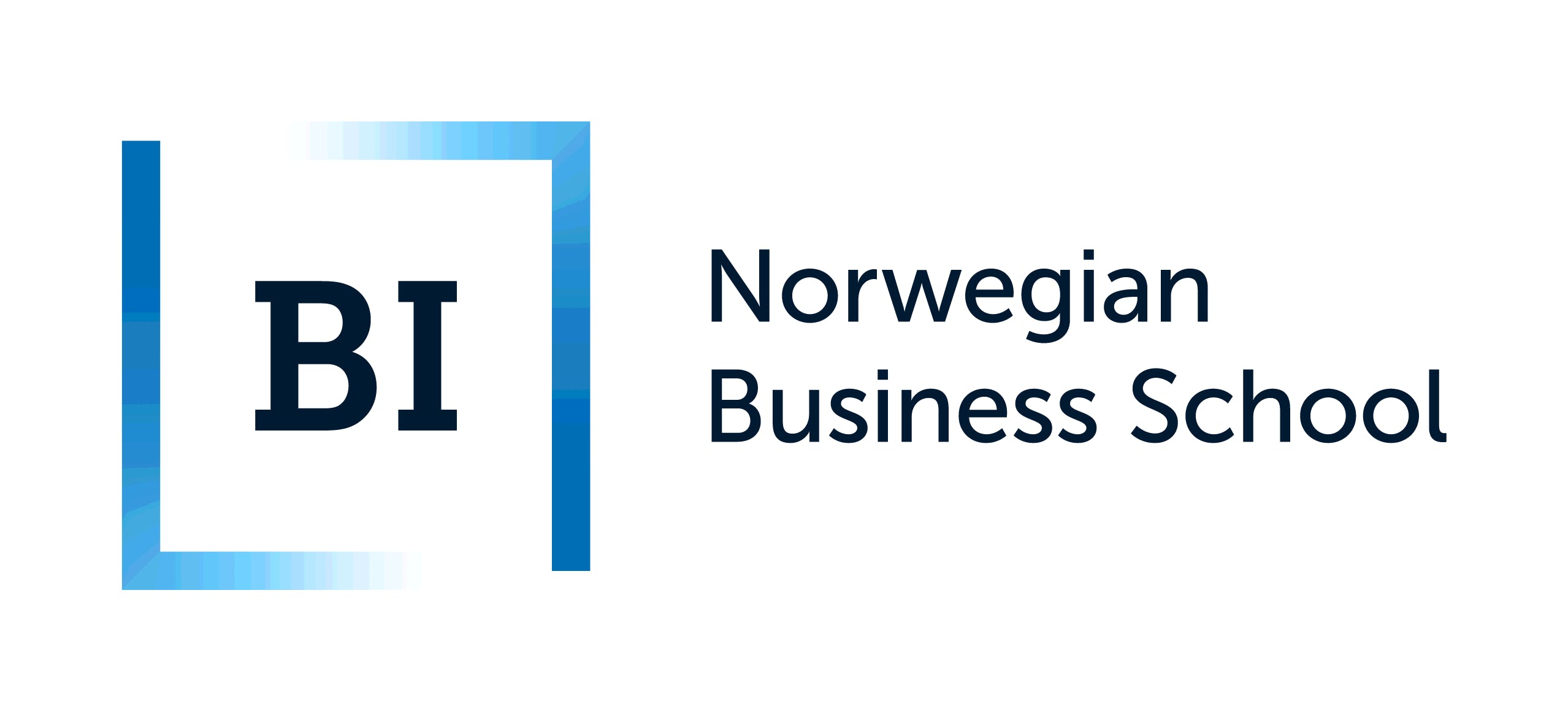Amanda Yang met her future husband while studying for a literature degree in her native Taiwan. He was working in Norway, and after almost two years in a long-distance relationship, she wanted to move her career to Europe so they could begin a life there together. After careful consideration, Amanda decided that the best way to transition was to study in Norway.
She realized that launching a long-term career here would require some fundamental business skills—that’s when she discovered BI Norwegian Business School (BI).
BI is ranked as the best business school in Norway by the Financial Times, and the Bachelor in Business Administration program gave Amanda a solid footing in European business practice.
“When I graduated from the BBA, I wanted to study something more specific and applicable, that I could bring to any industry,” Amanda recalls. This desire led her to the MSc in Business Analytics program at BI, and a future career in Norway.
Like most European countries, Norway has been impacted by the coronavirus outbreak, with social distancing measures changing how schools deliver classes (switched to remote learning practically overnight) and temporarily closing businesses across the country. Despite the current global disruption, though, you can still plan your next career move, and Norway has a lot to offer.
We caught up with Amanda to find out the highlights of studying in Norway.
Here are four reasons to study in Norway for your business degree:
1. A thriving energy industry
Known as a leading producer of renewable energy, 97% of Norway’s electricity derives from hydropower. The country is also dotted with wind farms, while innovative solar farms float along its coastline.
In this atmosphere of innovation, there are ample opportunities for ambitious grads with the right skillset.
In the second and final year of her master’s program, Amanda will take advantage of this flourishing industry by taking an internship with a local energy consultancy.
Second-year students on the Business Analytics program can also choose to take on a research or consultancy project rather than an internship to get some hands-on experience in their industry of choice.
“I have heard quite a few of last year’s students got a full-time contract after their internship,” Amanda adds. “There’s quite a lot of demand in the energy sector for analysts.”
The practical skills Amanda has learned in her master’s program so far—from coding to data management—will come in useful.
“We’re trying to be the people who can close the gap between business and data science,” she explains.
2. Access to natural beauty
Throughout her time at BI, Amanda has taken advantage of Norway’s famously stunning scenery.
“In the winter I go cross-country skiing, and in the summer I go jogging, cycling, and kayaking,” she explains.
Known for its fjords, lakes, mountains, and waterfalls, Norway is an ideal spot for anyone with a love for the great outdoors. In Oslo, Amanda and her peers can easily access beautiful spots on the Oslo Fjord, and in the city’s surrounding mountains and forests. In the winter, they can even witness the Northern Lights and in the summer, the Midnight Sun.
Nestled in Northern Europe, Norway also provides a launch-pad for visiting countries on the continent—ideal for work trips, quick weekend get-aways, and vacations.

Oslo Fjord lies just beyond the city limits | ©Dennis Wegewijs / IStock
3. Good work-life balance
For Amanda, Norway’s culture of work-life balance is another key advantage. “You don’t need to sacrifice your life for work,” she notes. “I really respect that.”
The ability to balance work with other areas of life stems from a working culture that places trust in its employees, Amanda believes.
According to a survey by the expat network, InterNations, Norway offers the third best work-life balance in the world.
4. A strong return on investment
Students who choose Norway for their master’s can also expect a good financial return on their investment. Fees for top specialized master’s programs in Norway sit at the $25,000 mark, for two year’s tuition.
A BI degree can quickly pay for itself. For many years, employer demand for BI graduates has been strong. A recent survey showed 85% of BI’s international graduates found employment within six months of graduating and 72% of them chose a job in Norway.
The hope is that because Norway’s economy has been so strong, it will bounce back quickly.
When students graduate from a Norwegian program, they can stay in the country to job-hunt for up to six months. This means there’s plenty of time to put your new-found skills to the test and keep building your network after you finish studying.
Amanda hopes her internship will lead to a full time position. If not, the six-month buffer will come in handy as she continues to establish her life in Norway. The Career Service Center at BI will be a big help too, offering resume workshops, interview practice, and connections to local companies.
“Staying in Oslo allows me to keep building on what I already have, and there are many companies and opportunities here,” she explains








